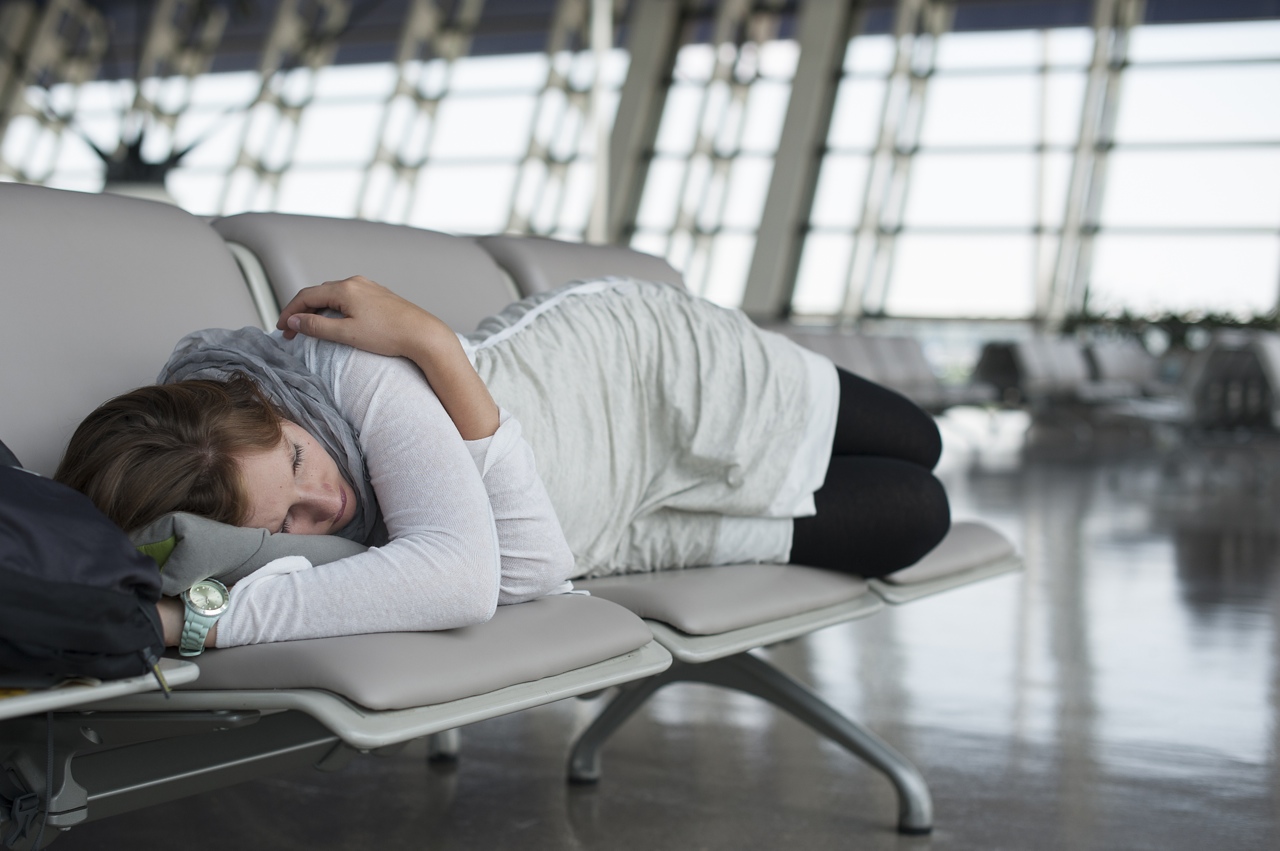Any long flight will automatically lead you across A NUMBER OF TIME ZONES. Your body will therefore no longer be synchronized with the destination time because concepts such as daylight or even darkness will be experienced differently than before. Your body is forced to adjust to a new schedule whose times for eating or sleeping no longer correspond to what it was familiar with.
The period of time needed by your entire body to readjust to the new biologic environment is more than often referred to as jet lag. How fast will this whole readjusting process last? That all depends on each one of us. Some need A COUPLE OF DAYS to gradually become familiar with the new situation while others experience nothing more than LITTLE DISCOMFORT.
Jet lag has, as a general rule, little to do with the duration of the flight. This condition is connected to the trans-meridian distance traveled, namely WEST-EAST. For instance if you travel from Europe to Southern Africa you’ll more than probably not suffer from jet lag since the direction is from north to south. In contrast, you may feel jet lag after a six-hour flight from the west to the east coast of the United States. Despite the fact that you cannot completely avoid feeling jet lagged, you may take a few steps, which will certainly help your entire organism adjust to a new time zone.
First of all, you should try to go to sleep a bit EARLIER than usual. You have to sleep as much as you need before your flight. If you are tired and sleepy when you start your trip, you’ll more than certainly feel unhappy, depressed or wretched. So, do not make your life miserable and have a fully merited rest before you depart. On the other hand, if you choose to start out well rested, you’ll adapt to the new time zone in no time. British Airways, for instance, has devised an application, which advises you on the best things to do to minimize your jet lag.
Secondly, many SIDE EFFECTS caused by jet lag are the result of dehydration. Symptoms of dehydration may include headaches similar to what is experienced during a hangover, muscle cramps (particularly leg cramps), a sudden episode of visual snow, low blood pressure as well as dizziness or fainting. You wouldn’t want to experience that once you reach your destination. So, try to avoid drinking alcohol, coffee, tea as well as other caffeinated beverages. In fact, dehydration is best avoided by drinking enough water.
Moreover, you should eat regular and healthy meals. You need to feel ENERGETIC and LIVELY and poor nutrition won’t do you any good. As a matter of fact, junk food and irregular meal will worsen the jet lag feeling. What is more, they depress your immunity and you’ll consequently be more vulnerable to illness. After all, if you combine jet lag and the flue, you’ll get nothing more than a gut-wrenching traveling experience. Moreover, you should also try to avoid exotic dishes so that you can use your energy to adjust to your new surroundings rather than to digest your food.
So, take it easy on the day you arrive so that you may enjoy your trip at a comfortably PACE and establish a routine in HARMONY with the local time. What is more, it is wise to allow yourself one day per time zone to adjust. Don’t plan any activities that require or involve great energy or effort before your body has adjusted to the new time.
Consider exercising regularly for the first few days at your destination. Also, if you’re on a long flight you’ll be able to relieve a great deal of DISCOMFORTS such as backaches, swollen legs and feet and exhaustion. Exercising also prevents blood clots from forming. The easiest way to keep fit during a long and tiring flight is to simply walk up and down the aisles of the plane from time to time.
Last but not least, take cardinal directions into account. If you’re traveling east, book an early flight. On the other hand, if you’re traveling west, book a late one. Your biological clock will be less disturbed. You may also change your watch. Do it as soon as you depart. You will suffer less time disruption and you’ll able be able to readjust more easily and quickly to the new time zone.

 En
En Es
Es Fr
Fr











